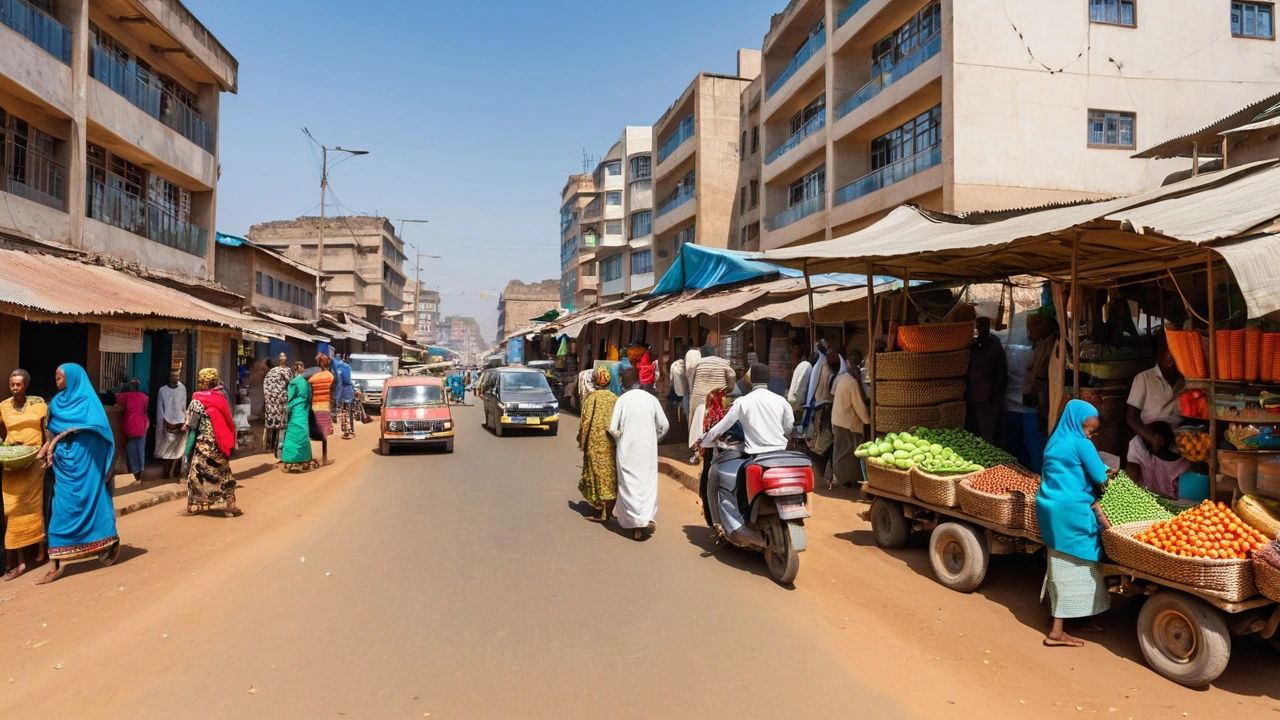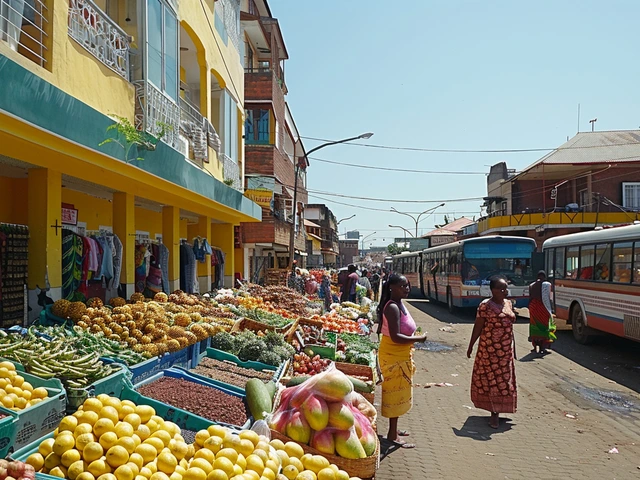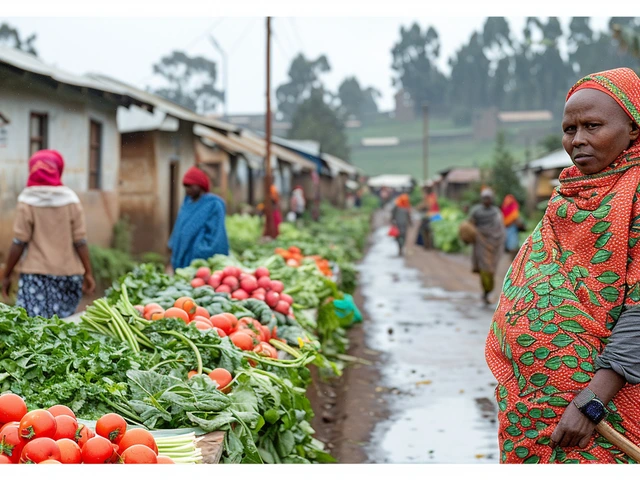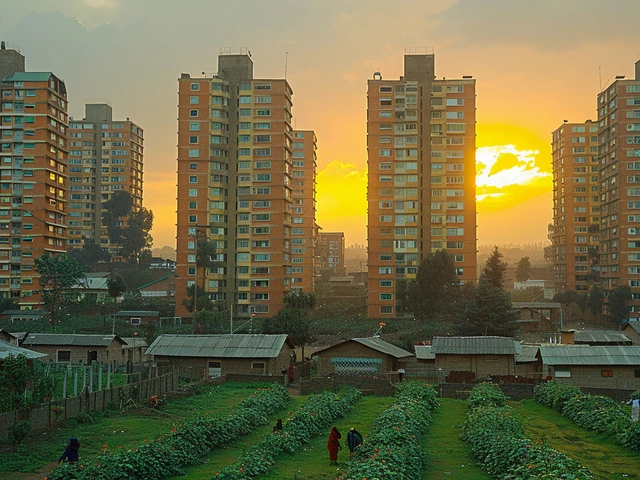Ethiopia Cost of Living: What You Really Spend and Earn
How much does day-to-day life actually cost in Ethiopia? Whether you’re planning to move, invest, or just want to understand how far your salary goes, knowing the real numbers behind rent, food, and earnings matters.
The capital, Addis Ababa, grabs most headlines when it comes to costs and lifestyles. Here, rents can surprise you—city-center apartments often cost more than suburban homes. A simple apartment in the heart might set you back around 10,000 to 20,000 birr a month, but go further out and prices drop fast. If you’re looking in cities like Mekelle or Bahir Dar, expect even lower rents. The rental difference is all about location, security, and amenities. Pro tip: use local contacts or trusted listings to dodge scams and land a fair deal.
Food’s another biggie in your budget. Local markets give the best bang for your buck—fresh veggies, grains, and even meat cost less than in supermarkets. Imported goods are pricier due to taxes and transport. Ethiopian meals like injera and shiro keep grocery bills low if you eat like a local. Eating out? Simple cafes are cheap, but international restaurants—especially in Addis—can burn through your budget.
Transport is a mixed bag. Public buses and small cabs called "contract taxis" cover most areas for a few birr. The city’s network is growing, but be ready for crowds and occasional delays. Ride-hailing apps are popping up, but surge pricing can sneak up during peak times. If you need to commute daily, plan your routes and budget for occasional fare hikes.
Salaries can range wildly. The average monthly income in Ethiopia doesn’t always match up with living costs, especially for new arrivals or those without local connections. Teachers, nurses, and entry-level office staff might bring in 4,000 to 10,000 birr a month, while specialized roles or senior positions pay more—sometimes up to 30,000 birr or higher. Expats working with NGOs or international companies might earn salaries closer to Western standards, but these jobs are competitive and require specific skills.
If you're thinking about earning online or starting a business, the good news is the digital scene is picking up pace. Online freelancing, e-commerce, and digital teaching are opening up new ways to boost income. Just check legalities—payment services like PayPal aren’t fully open yet, so plan for alternatives like remittance firms or mobile wallets.
Utilities like electricity, water, and the internet can be unpredictable in some neighborhoods. Power cuts aren’t rare, and the cost for a fast, reliable internet line is higher than you’d expect. If working from home is a priority, choose areas with good infrastructure and budget extra for backups.
Safe living also matters. Addis Ababa is generally safe for working and living, but, like any big city, keep an eye on your valuables and stick to busy areas after dark. Outlying regions have their quirks—double-check before moving, especially if you’re an expat or traveling solo.
Living in Ethiopia isn’t just about numbers—it’s about adapting. With the right info about costs, salaries, and lifestyle, you can find your sweet spot and thrive in this fast-changing economy.





